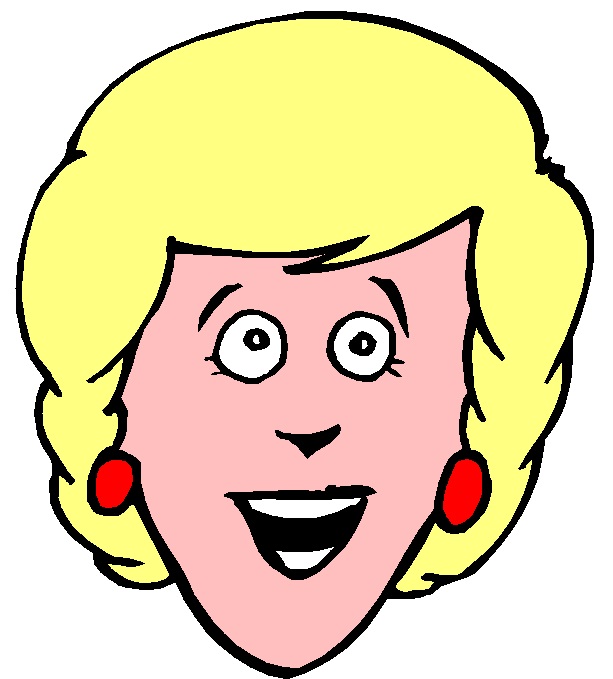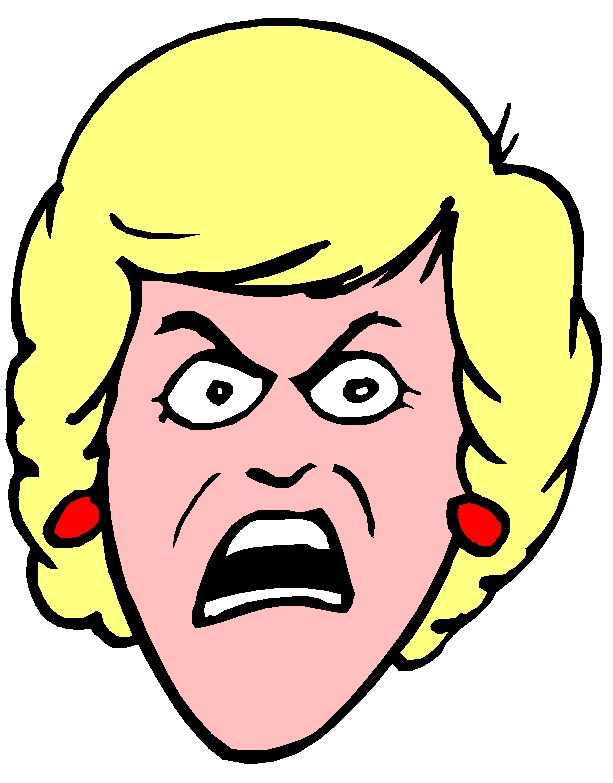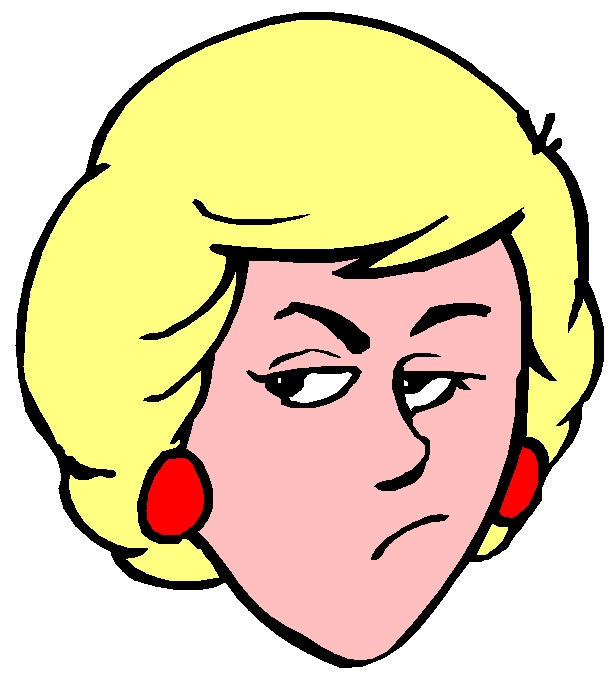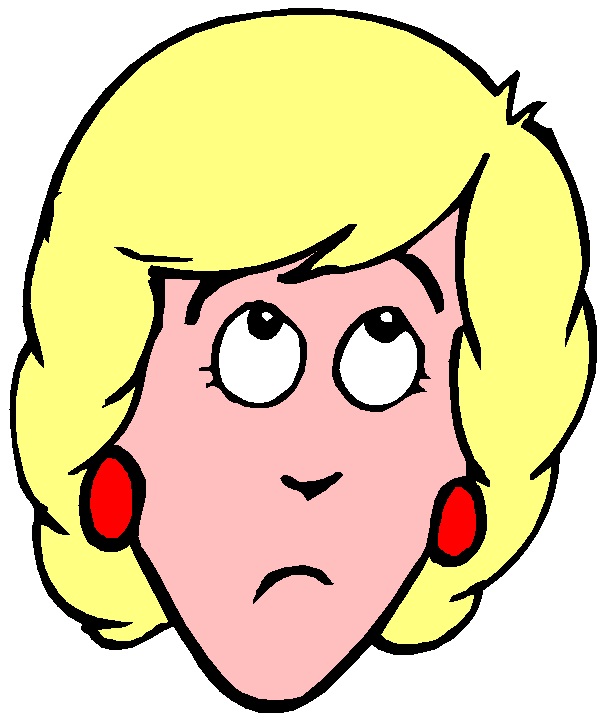“As a woman ages, estrogen levels are fluctuating
from one minute to the next, and erratic.
Less progesterone is produced (but stabilizes…”.1
Umbrella
What may the Menopause Mood Swings Umbrella include?
Depending on the Source (DotS) this Umbrella may include:
- Menopause Mood Swings
- Perimenopause Mood Swings
Menopause
Is there an association between menopause and mood swings?
In Menopause: Mood Swings the (United States) Endocrine Society elaborate on:
Bipolar Disorder
Are menopause mood swings different to bipolar disorder?
Yes. Menopause mood swings are different to bipolar disorder. In Bipolar Disorder: What Is Bipolar Disorder? the (United States) National Institute of Mental Health’s definition of bipolar disorder is:
Depression
Are menopause mood swings different to depression?
Yes. Menopause mood swings are different to depression. In Depression: Overview the World Health Organization explain:
Depression is different from regular mood changes and feelings about everyday life. It can affect all aspects of life, including relationships with family, friends and community. It can result from or lead to problems at school and at work”.4
Self-Help Measures
What are some self-help measures which may help mood changes?
The Endocrine Society explain:
- Avoid caffeine, alcohol, and spicy foods
- Eat a balanced, health diet with fruits, vegetables, and whole grains
- Talk to a therapist or counselor
- Get enough sleep
- Exercise regularly
- Find healthy ways to deal with stress”.5
Health Care Provider
What if I would like help with menopause mood swings?
If you would like help with menopause mood swings, it may be in your best interest to choose to talk to your health care provider about this.
Health Topics A-Z
Where may I find Health Topics A-Z related to Menopause Mood Swings?
In Health Topics A-Z you may find:
Links
Where may I find Links related to Menopause Mood Swings?
Your Country may have Links similar to:
Links
This Links List to third party websites is neither comprehensive nor exhaustive. Inclusion on this Links List does not imply endorsement or recommendation. Non-inclusion on this Links List does not imply non-endorsement or non-recommendation. Third party websites are not under the control of Meno Martha International Menopause Directory. Third party websites may contain explicit medical images and/or sexual references. Please read Meno Martha International Menopause Directory’s Links Policy before proceeding to a Link. Please contact Webmaster if you experience a problem with a Link.New or Updated
- CBT for Menopausal Symptoms [21 October 2024]
- Consumer Video and Podcast Series: 2024 Consumer Videos and Podcasts – Cognitive Behavioral Therapy and Menopause [03 December 2024]
- Videos & Podcasts: Videos – Menopause and Hormone Therapy: Current Perspectives and Controversies [18 October 2024]
- Webinars: Previous – The Perimenopause Journey: An Adaptive Reproductive Phase – Webinar [18 February 2025]
- When Does Perimenopause Start and How Do You Define the Beginning [27 November 2024]
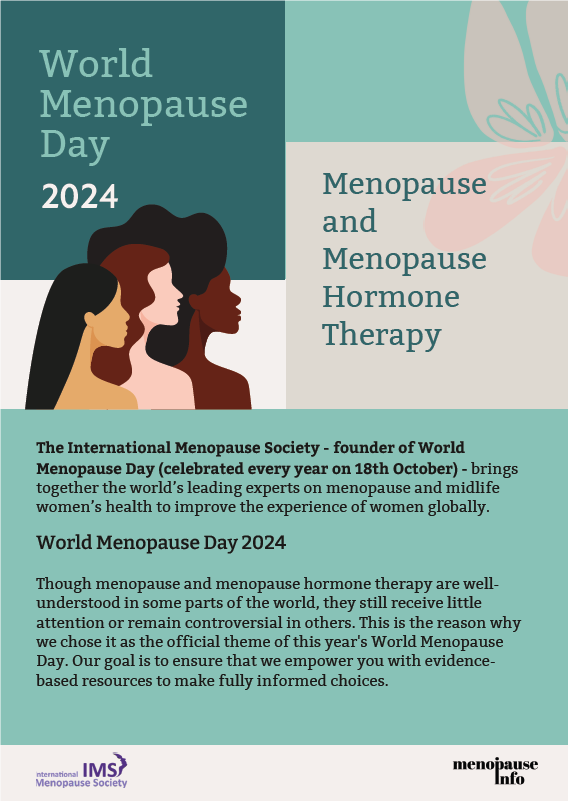 World Menopause Day 2024: Leaflet for Women [Multiply Languages]
World Menopause Day 2024: Leaflet for Women [Multiply Languages]
- 5 Ways To Cope With Menopausal Mood Swings
- Anxiety
- Askearlymenopause.org [Ask EM] [+ Video: What Is Early Menopause?]
- BMS TV: Menopause Explained
- BMS TV: Sleep
- Bioidentical Hormones: Are They Safer?
- Bipolar Disorder
- CAMS Menopause Hour – Perimenopause: A Clinical Challenge [11 March 2024]
- CBT for Menopausal Symptoms
- Cognitive Behaviour Therapy (CBT) for Menopausal Symptoms
- Consumer Video and Podcast Series: 2023 Consumer Videos and Podcasts – NAMS 2023 Nonhormone Therapies Position Statement for Bothersome Menopause Symptoms
- Consumer Video and Podcast Series: 2023 Consumer Videos and Podcasts – New FDA-Approved Nonhormone Option for the Treatment of Hot Flashes
- Consumer Video and Podcast Series: 2024 Consumer Videos and Podcasts – Cognitive Behavioral Therapy and Menopause
- Consumer Video and Podcast Series: 2024 Consumer Videos and Podcasts – Preparing for Your Menopause Health Care Visit
- Deciding About Hormone Therapy Use
- Depression and the Menopause
- Emotional Wellness In Menopause
- Factors Affecting Women: Menopause
- Find A Menopause Practitioner [United States and Other]
- Find An AMS Member [Australasian Menopause Society: Australia and New Zealand]
- Find Your Nearest BMS Menopause Specialist [British Menopause Society]
- Good-Mood Food: Joining the Dots Between What We Eat & Mental Wellbeing
- HRT Questions Answered
- Help! I’m Too Tired To Exercise
- Hot Flashes: What Can I Do? [+ Video: What Are the Signs and Symptoms of Menopause?]
- How To Talk To Your Doctor About Midlife Brain Fog
- I am 54 years old, struggling with hot flashes and mood swings. But when I ask for help from my care providers, I am told “Live with it. You are just getting older.” Please advise.
- Is Menopause Making Me Put on Weight? No, But It’s Complicated
- Information for Partners
- Joint Position Statement By the British Menopause Society, Royal College of Obstetricians and Gynaecologists and Society for Endocrinology on Best Practice Recommendations for the Care of Women Experiencing the Menopause
- Later Years (Around 50 Years and Over): Menopause and Post Menopause Health – Menopause and Your Mental Wellbeing [+ Video: Menopause Only Affects You Physically!]
- Later Years (Around 50 Years and Over): Menopause and Post Menopause Health – Signs and Symptoms [+ Video: Talking Menopause With Your GP]
- Later Years (Around 50 Years and Over): Menopause and Post Menopause Health – Supporting Someone Through the Menopause [+ Video: Men Don’t Need To Know About Menopause]
- Let’s Talk About Perimenopause
- Looking After Yourself During Menopause
- Managing Menopause Symptoms [+ Video Courtesy: Mayo Clinic News Network]
- Mastering Midlife Mood Changes With Marlene Freeman, MD
- Mayo Clinic Minute: Help With Hot Flashes Due To Menopause [+ Video]
- Mayo Clinic Minute: How Lifestyle Changes May Help Manage Menopause Symptoms [+ Video]
- Mayo Clinic Q and A: Perimenopause Transitions and Concerns
- Menopause
- Menopause
- Menopause
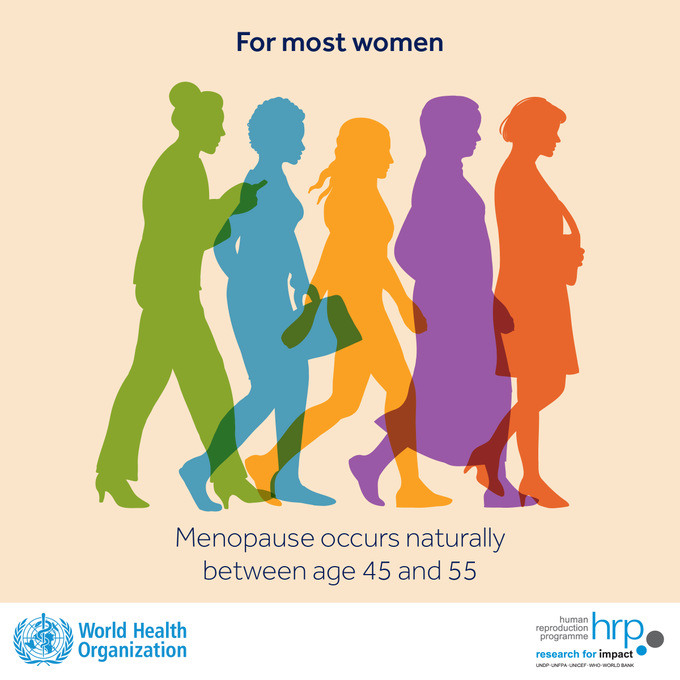
- Menopause Checklist Podcast
- Menopause Map: Downloadable Resources – My Personal Path Print Tools: Questions for Your Health Care Provider

- Menopause Map: Downloadable Resources – My Personal Path Print Tools: Relaxation Techniques
- Menopause Map: Downloadable Resources – My Personal Path Print Tools: Symptom Tracker
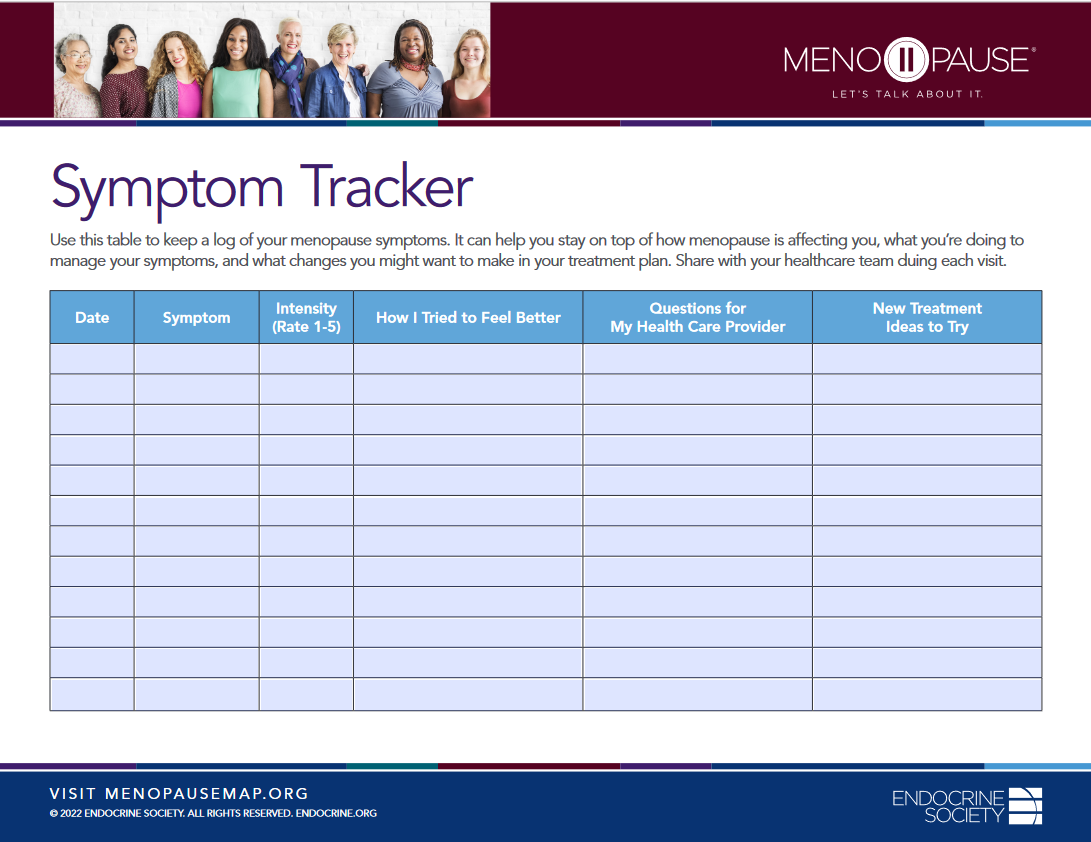
- Menopause Mindfulness: A Personal Toolkit for Menopause Preparedness
- Menopause Mindfulness: Embracing the Change of My Midlife [Video]
- Menopause Patient Information: 2. Talking To Your GP About Menopause
- Menopause Patient Information: 5. Lifestyle Advice In Menopause & Perimenopause
- Menopause Preparedness Toolkit Video Series: Mindfulness & Wellbeing During the Menopause Transition
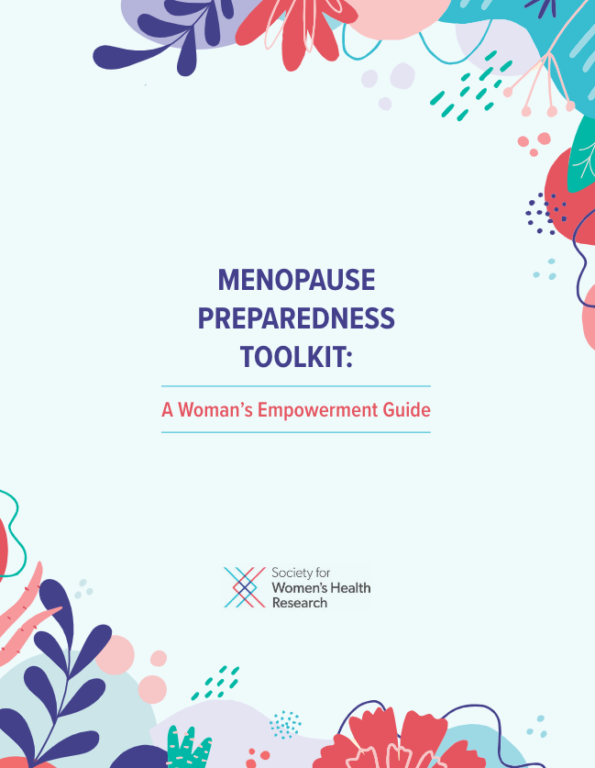 Menopause Preparedness Toolkit: A Woman’s Empowerment Guide
Menopause Preparedness Toolkit: A Woman’s Empowerment Guide- Menopause Symptoms: Mayo Clinic Expert Outlines Hormone and Nonhormonal Therapies
- Menopause Treatments: What Works, What Doesn’t
- Menopause What Are the Symptoms?
- Menopause and Mental Health
- Menopause and Natural Therapies
- Menopause: Hormones and Menopause
- Menopause: Identification and Management [NICE Guideline Published: 12 November 2015 Last Updated: 07 November 2024]

- Menopause: Identification and Management: NICE Guideline [NG23] [07 November 2024]
- Menopause: Mood Swings
- Menopause: Understanding the Changes and Finding Relief | Dr Susan Davis | The Proof Podcast EP 256
- MentalHealth.gov [National Institute of Mental Health, United States]
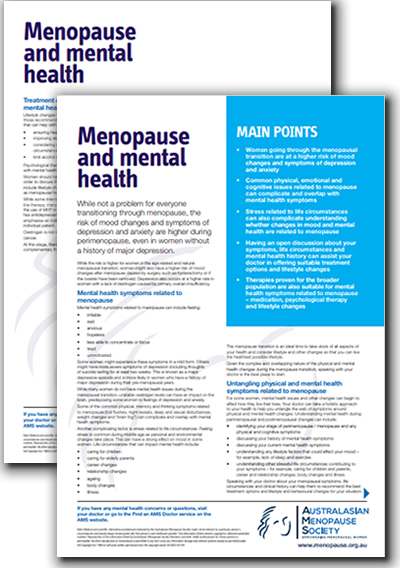 Mentalhealth.org.uk [Mental Health Foundation, United Kingdom]
Mentalhealth.org.uk [Mental Health Foundation, United Kingdom]- Mood and the Menopause
- Mymenoplan.org [My Menoplan, United States]
- National Center for Complementary and Integrative Health: Depression
- National Center for Complementary and Integrative Health: Herbs At A Glance
- National Center for Complementary and Integrative Health: How Safe Is This Product or Practice?
- National Center for Complementary and Integrative Health: St. John’s Wort
- Natural Remedies To Help Manage Perimenopause Symptoms
- Navigating Menopause Together: How Partners Can Help
- Navigating Menopause: Expert Insights and Solutions | Dr Susan Davis | The Proof Podcast EP 245
- Navigating Menopause: Honest Answers To All Your Questions [+ Video: What To Expect in Menopause]
- Nonhormone Treatments for Hot Flashes and Night Sweats
- Our Best Mental Health Tips – Backed By Research
- Perimenopause
- Perimenopause
- Perimenopause and Menopause Symptom Checklist

- Processing Big Changes
- Promoting Good Mental Health Over the Menopause Transition
- SAMe
- Supporting A Loved One Through Menopause
- Symptoms of Menopause: Mood and Emotional Health
- The Lancet: Series From the Lancet Journals – Menopause 2024
- The Truth About Menopause Supplements | Dr Sarah Berry
- Therapy Could Be Effective Treatment for Non-Physical Symptoms of Menopause
- Tips To Help Manage Menopause Symptoms
- Types of Talking Therapies: Cognitive Behavioural Therapy (CBT)
- Using Natural Therapies In the Menopause Transition – Webinar
- Video & Podcast Library: Videos – World Menopause Day 2024: Menopause and Hormone Therapy: Current Perspectives and Controversies
- Videos & Podcasts: Videos – Menopause and Hormone Therapy: Current Perspectives and Controversies
- Videos and Podcasts: Videos – Interviews: A Simple Approach To Menopause: The Menopause Quick Six (www.MQ6.ca)
- Videos & Podcasts: Videos – Interviews: Metabolic Syndrome in Midlife Women
- Webinars: Previous – Non-Hormonal Pharmacological Interventions For VMS
- Webinars: Previous – Non-Pharmacological Interventions For VMS
- What Is Menopause? [+ Video]
- World Menopause Day 2024: Leaflet for Women [Multiply Languages]
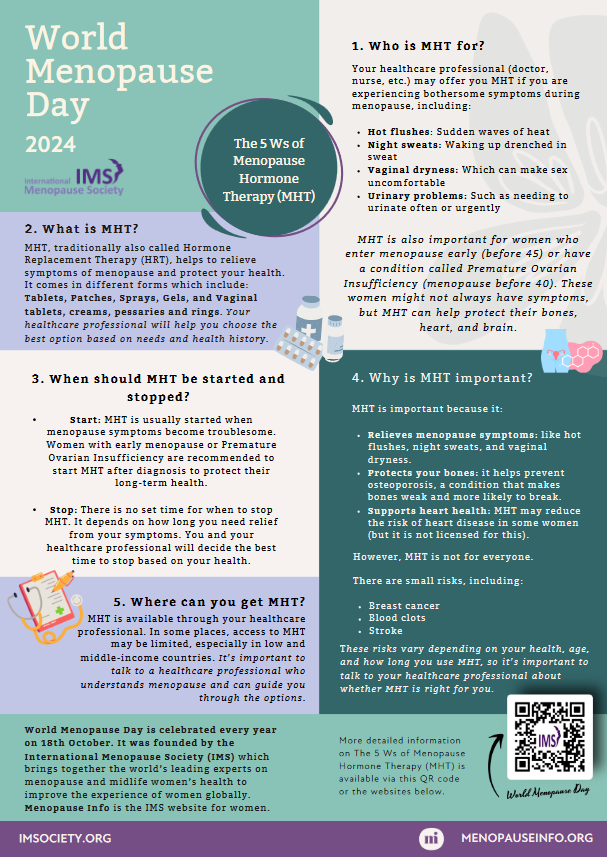 World Menopause Day 2024: Poster for Women
World Menopause Day 2024: Poster for Women
Sources
Where may I find the Sources quoted?
You may find the Sources at:
Sources
- Menopause: Mood Swings. Last Updated: 24 January 2022. Endocrine Society https://www.endocrine.org/patient-engagement/endocrine-library/menopause Accessed: 21 February 2025
- Menopause: Mood Swings. Last Updated: 24 January 2022. Endocrine Society https://www.endocrine.org/patient-engagement/endocrine-library/menopause Accessed: 21 February 2025
- Bipolar Disorder: Overview. Last Reviewed: February 2025. National Institute of Mental Health https://www.nimh.nih.gov/health/topics/bipolar-disorder Accessed: 21 February 2025
- Depression: Overview. 31 March 2023. World Health Organization https://www.who.int/en/news-room/fact-sheets/detail/depression Accessed: 21 February 2025
- Menopause: Mood Swings. Last Updated: 24 January 2022. Endocrine Society https://www.endocrine.org/patient-engagement/endocrine-library/menopause Accessed: 21 February 2025


